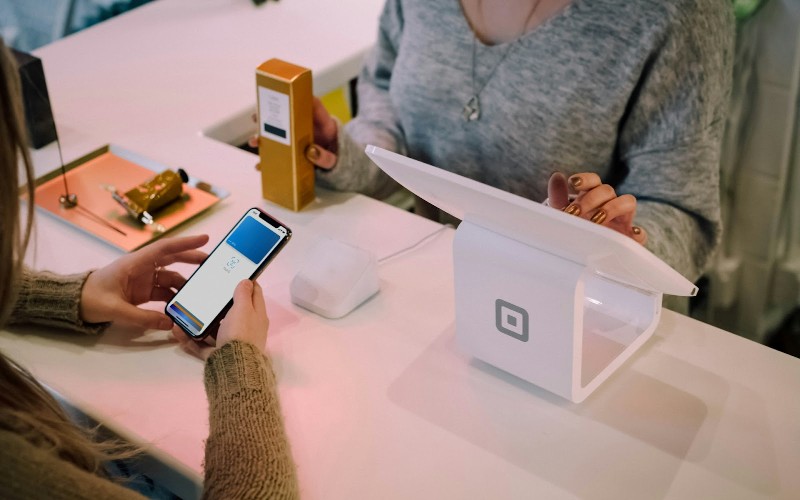In the digital age, the convenience of online transactions comes with concerns about the safety of sharing payment details. Sharing payment details online can be safe if proper security measures are in place. Vigilance in monitoring transactions and using strong, unique passwords are also crucial for protecting financial information. This article explores the different online services that require payment information, the security protocols employed, and best practices for consumers to safeguard their financial data.
Different Services That Require Online Payments
E-Commerce Platforms
Online shopping platforms are a major category where consumers regularly input their payment details. From giants like Amazon and eBay to boutique online stores, the convenience of buying everything from groceries to gadgets online has made e-commerce integral to modern shopping habits. Security protocols like SSL certificates and two-factor authentication are commonly employed to protect user data, but users are advised to shop from reputable sites and be cautious of deals that seem too good to be true.
Subscription Services
From streaming platforms like Netflix and Spotify to software services like Adobe Creative Cloud, subscriptions require ongoing payment information. These services often store credit card information to facilitate recurring payments. While this adds convenience, it also poses a potential risk if the companies’ data security is compromised. Therefore, it’s advisable to use services that offer payment through third-party providers like PayPal, which can provide an additional layer of security.
iGaming Industry
The iGaming industry is a significant player in the online services market, particularly popular in the UK. This sector encompasses online casinos, sports betting sites, and virtual gaming platforms, that all rely on online payment systems of some sort to function.
However, the convenience and allure of quick bets and high stakes come with the need for caution. Filip Jovchevski, a senior iGaming editor, emphasises that players should diligently verify the security measures of any platform before engaging. It’s crucial that the chosen sites are thoroughly vetted for security to prevent financial fraud and data theft.
Online Booking Systems
Travel services and event ticketing websites also ask for payment details online. Whether booking a flight, reserving a hotel, or purchasing concert tickets, these platforms must secure sensitive customer information effectively. Users should look for platforms that offer secure payment gateways and avoid those that do not provide transparent information about their security practices.
Security Measures and Best Practices
Encryption Technology
One of the primary defences against cyber threats is encryption technology. Secure Sockets Layer (SSL) and Transport Layer Security (TLS) are standard technologies that encrypt data before it is sent over the Internet, making it unreadable to anyone who intercepts it. Websites with URLs starting with “https://” indicate they are using these secure protocols.
Payment Gateways
Trusted payment gateways like PayPal, Stripe, and WorldPay play a crucial role in secure online transactions. They act as intermediaries that handle payment details directly, which means the actual service providers do not store sensitive financial data. This reduces the risk of data breaches affecting user payment information.
Multi-Factor Authentication
Multi-factor authentication (MFA) adds an additional layer of security by requiring users to verify their identity in more than one way. This could be a combination of something they know (password), something they have (a phone to receive a verification code), or something they are (biometric data). MFA significantly reduces the risk of unauthorised access.
Regular Software Updates
Keeping software up to date is crucial for security. This includes not only the operating system and browsers but also any plugins or scripts that interact with payment systems. Developers regularly update their software to patch security vulnerabilities that could be exploited by hackers.
Consumer Vigilance and Responsibilities
While service providers must implement robust security measures, consumers also have a role in protecting their financial information. Vigilance in monitoring bank statements, using strong, unique passwords for different sites, and being cautious of phishing scams are essential practices. Consumers should also be aware of the security policies of the platforms they use, ensuring they understand how their data is handled and protected.
In sum, sharing payment details online can be safe if both service providers and consumers take appropriate security measures. However, the landscape of online payments is continually evolving, and staying informed and cautious is key to protecting financial and personal information.
In today’s digital era, the simplicity and efficiency of online transactions also bring forth concerns regarding the security of sharing payment details online. Engaging in online activities like playing at a real money online casino, shopping at an e-Commerce site, or signing up for various services necessitates a clear understanding of potential risks and the essential safeguards needed.
However, there are some key practices that consumers should adopt to protect their financial data. From using encryption technologies to opting for secure payment platforms and employing multi-factor authentication, in short, making payments online can be done safely, so long as appropriate safeguards are used.


